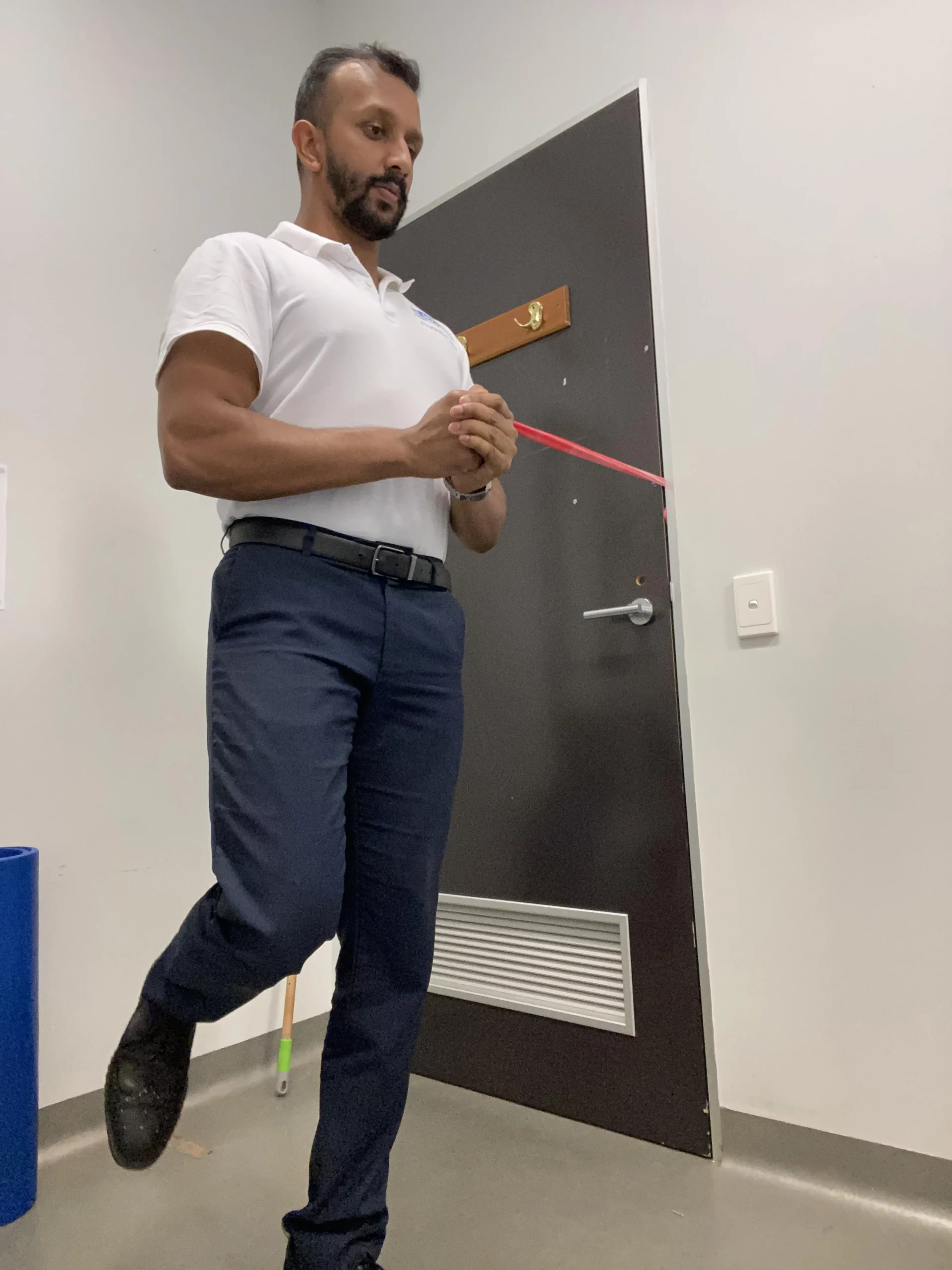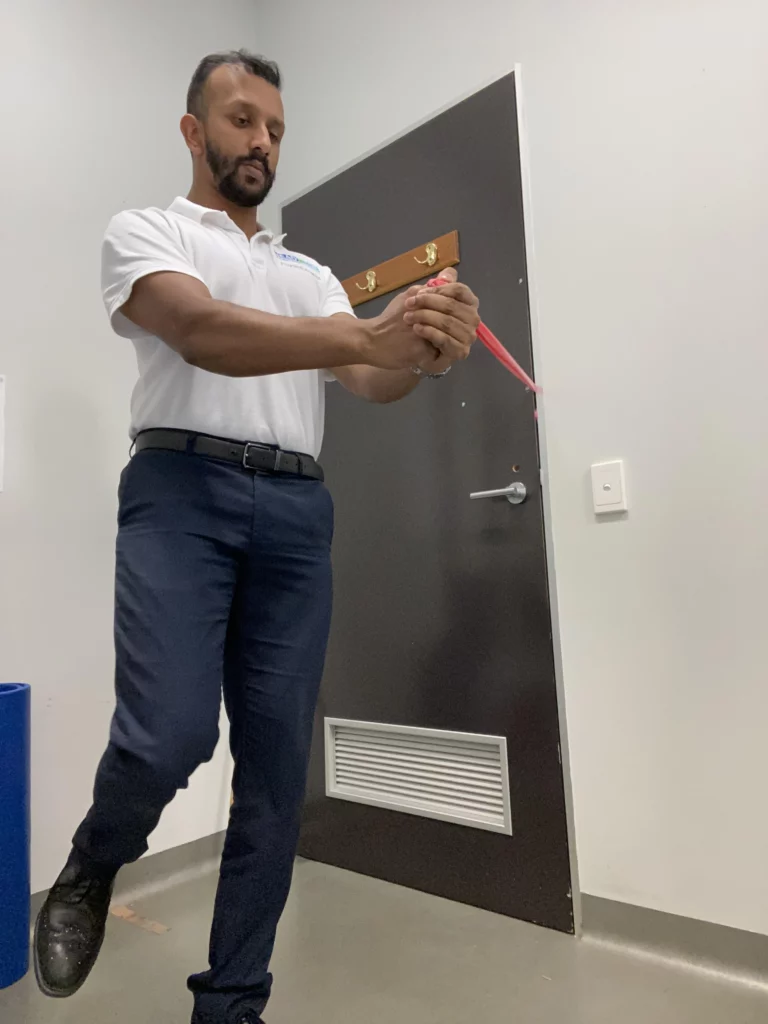Clinical Pilates Moonee Ponds and Brunswick

Clinical Pilates is a form of physical therapy that combines the principles of
traditional Pilates with modern rehabilitation techniques. It is used to help patients
recover from injuries, improve their overall fitness, and prevent future injuries.
Benefits of Clinical Pilates
- Improved flexibility and range of motion: Clinical Pilates exercises focus on
stretching and strengthening the muscles, which can help improve flexibility
and range of motion in the joints. - Increased core strength: Core strength is essential for maintaining proper posture
and preventing back pain. Clinical Pilates exercises target the deep
abdominal and back muscles, helping to improve overall core strength. - Reduced pain and muscle tension: Clinical Pilates exercises can help to release
muscle tension and reduce pain by targeting the specific areas of the body
that are causing discomfort. - Improved balance and coordination: Many Clinical Pilates exercises focus on
balance and coordination, which can help to improve overall body control
and stability. - Better posture: Clinical Pilates exercises can help to improve posture by
strengthening the muscles that support the spine and helping to correct any
muscle imbalances. - Injury prevention: By strengthening the postural muscles and improving
flexibility and range of motion, Clinical Pilates can help to prevent future
injuries. Your physiotherapist can prescribe clinical Pilates exercises as part
of your rehabilitation program.

Clinical pilates can help with lower back pain, hip pain, and lower body injuries.
Overall, Clinical Pilates is a highly effective form of physical therapy that can be
used to help patients recover from injuries, improve their overall fitness, and
prevent future injuries. With its focus on core strength, flexibility, and balance, it is
an excellent way to support the body and improve overall health and well-being.








